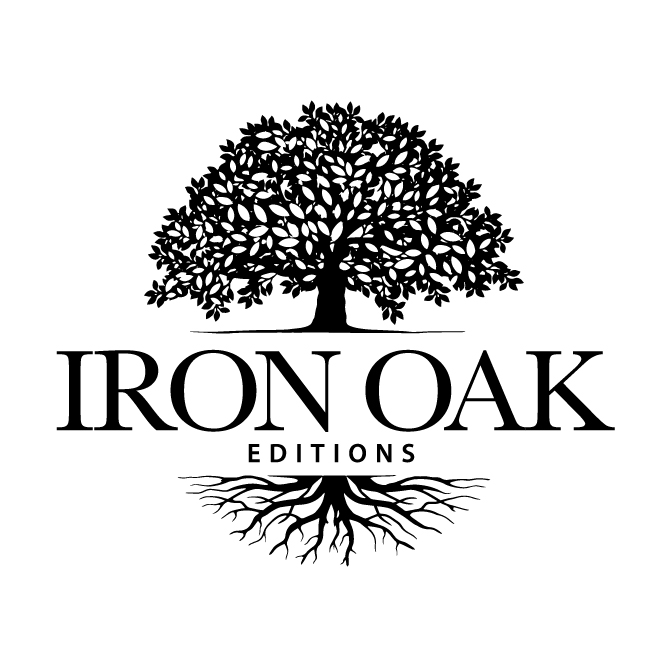by Allisa Cherry
August 20, 2024
Cloud Missives by Kenzie Allen; Tin House; 128 pages; $16.95.
Kenzie Allen is a Haudenosaunee poet and multimodal artist whose poetry has garnered significant recognition, including the 92NY Discovery Prize, the James Welch Prize for Indigenous Poets, the 49th Parallel Award in Poetry, and the Littoral Press Prize. In her debut collection, Cloud Missives, her award-winning poetry has been compiled into a stunning work that meticulously excavates both personal and cultural data with intricate lyricism, offering readers a vulnerable yet powerful exploration of identity, repair, and resilience. Allen’s background in anthropological studies informs her collection, as she delves into both personal history and the history of Indigenous people reshaped by white colonialism. Throughout this work, Allen not only welcomes the reader into a personal narrative replete with violence and doubt but also challenges us to re-contextualize our understanding of history and identity.
Among the many strengths of her poetry is its structure. In “Light Pollution,” the opening poem that serves as both foreword and a sort of invocation or invitation, there is a significant distance between a more holistic inherited worldview that beckons to the speaker and the modern industrialized ecosystem the speaker currently finds themselves in. Allen writes, “we tried to obey, though muffled by order,/ though every scenic outlook was already gone.” What follows this invocation is a collection divided into four sections titled “Pathology,” “Manifest,” “Letters I Don’t Send,” and finally, the shockingly tender and necessarily reparative “Love Poems.” These sections form strata through which the author bores down to greater and greater truths.
Early in the section titled “Pathology,” the poet/speaker enters a gravesite on an archaeological dig and asks, “what did I think to find/ of my own history? Some reason// for my battered form?” The reader quickly understands the micro/macro body in question. In many of these poems, the body is a text that tells a story. The speaker’s own body is referenced, as when she writes, “My finger still aches when it rains/ from bent back, from slammed on the edge of someone else’s railing. / From don’t you ever do that again, / from you want this, you’re asking me to do this, every time.” The bodies of people long dead are also explored, as in the poem “Pathology,” where Allen writes, “The twisted foot/ betrays a man bent in the mines–/the chipped skull is a keyhole/ to let angels in.”
In the second section, titled “Manifest,” Allen delves into the perils of Indigenous identity performed to the expectations of a centered whiteness. Her poem “How to Be a Real Indian” exemplifies this theme as she writes, “Say you dream in Oneida/ at night, show-and-tell them rose rock and kachina, / give them exactly what they ask for,/ the first time” in response to the question, “how Indian are you?” She considers Indigenous identity within the context of Disney-fied popular culture, referencing Tiger Lily from Peter Pan and Pocahontas, and even fantasizes about an Indiana Jones who is culturally deferential: “he uses the word Diné./ Says she·kóli to a woman with long dark hair/ sitting in the chair’s chair.” She also illuminates the toll exacted through exoticization in “Red Woman,” writing, “They ask me to wash my hair in the river./ To see what it would have been like.// Smile, they say. Those braids are dangerous. They say,/ Where are you walking so late at night.”
Following the strenuous exploration of violence against both a body and a people and the reclamation of identity from a prototypically colonial mindset, the final section, “Love Poems,” is an earned restoration of love-centered humanity. This section also happens to contain some of Allen’s strongest use of layered meaning, as in the opening lines of “Love Song to the Man Announcing Pow Wows and Rodeos,” where Allen writes, “How your voice over salted flanks/ licks tender”, introducing not just the image of a horse’s sweaty flanks but the concept of a salt lick, an object that provides critical nutrients for an animal’s well-being. The natural world is celebrated and reclaimed through these love poems, from the pairings of primates to the lonesome oblivion of the alpacas of Solomon Lane. Here we find love in the face of inevitable extinction and, perhaps most importantly, the love and the full credit given by the speaker to herself. In “Love Song to Banish Another Love Song,” Allen writes, “But in a sunset hours from my own/ I gave myself back to the flock. / Dipped my tongue in a new mouth/ ocean-deep. Some days,/ I say you saved me./ But it was my tread at the doorway/ and out into the road.”
Cloud Missives is an exceptional collection, crystalline in both language and thought, beautifully structured and unflinching. Reading it feels akin to watching an archaeologist in the field, meticulously brushing away layers of dirt to preserve the integrity of what is being unearthed. Like the strongest collections of our era, it sets the record straight, balancing white expectations of indigeneity with the speaker’s personal experiences and inherited culture. Allen’s book deepens with each reread and is essential for any teacher or student of history, anthropology, and literature, for writers seeking to understand how precision in craft can serve the pursuit of greater truth, and for any reader who admires collections that strive for justice and have experienced the violence of our inherited systems while fighting to maintain their capacity for love.
__________________________________________________________________________________________________________________________________________________________________________
__________________________________________________________________________________________________________________________________________________________________________
__________________________________________________________________________________________________________________________________________________________________________
“I Have Brought My Art to Witness”: Poetry as Excavation in Kenzie Allen’s Cloud Missives
POETRY REVIEW
Image by Travis Grossen from Unsplash
Allisa Cherry grew up in a rural community in an irradiated desert in the southwest of the United States. She has since relocated to the Pacific Northwest where she teaches workshops for immigrants and refugees transitioning to a life in the US and recently received her MFA from Pacific University. Her poetry has received Pushcart and Best of the Net nominations and can be found in High Desert Journal, West Trade Review, The Maine Review and Rust + Moth. Work is forthcoming at The Columbia Review.
__________________________________________________________________________________________________________________________________________________________________________
__________________________________________________________________________________________________________________________________________________________________________
© 2024 Iron Oak Editions
Stay Connected to Our Literary Community. Subscribe to Our Newsletter






